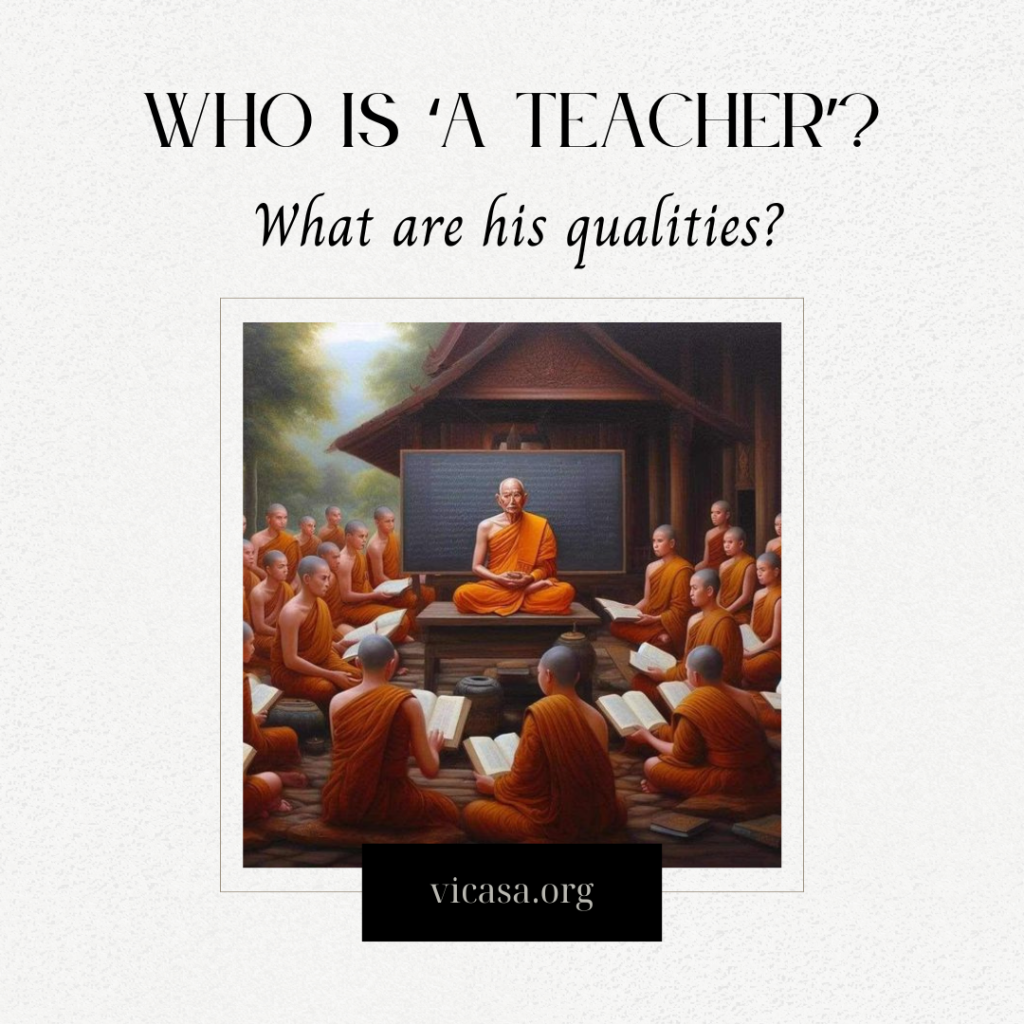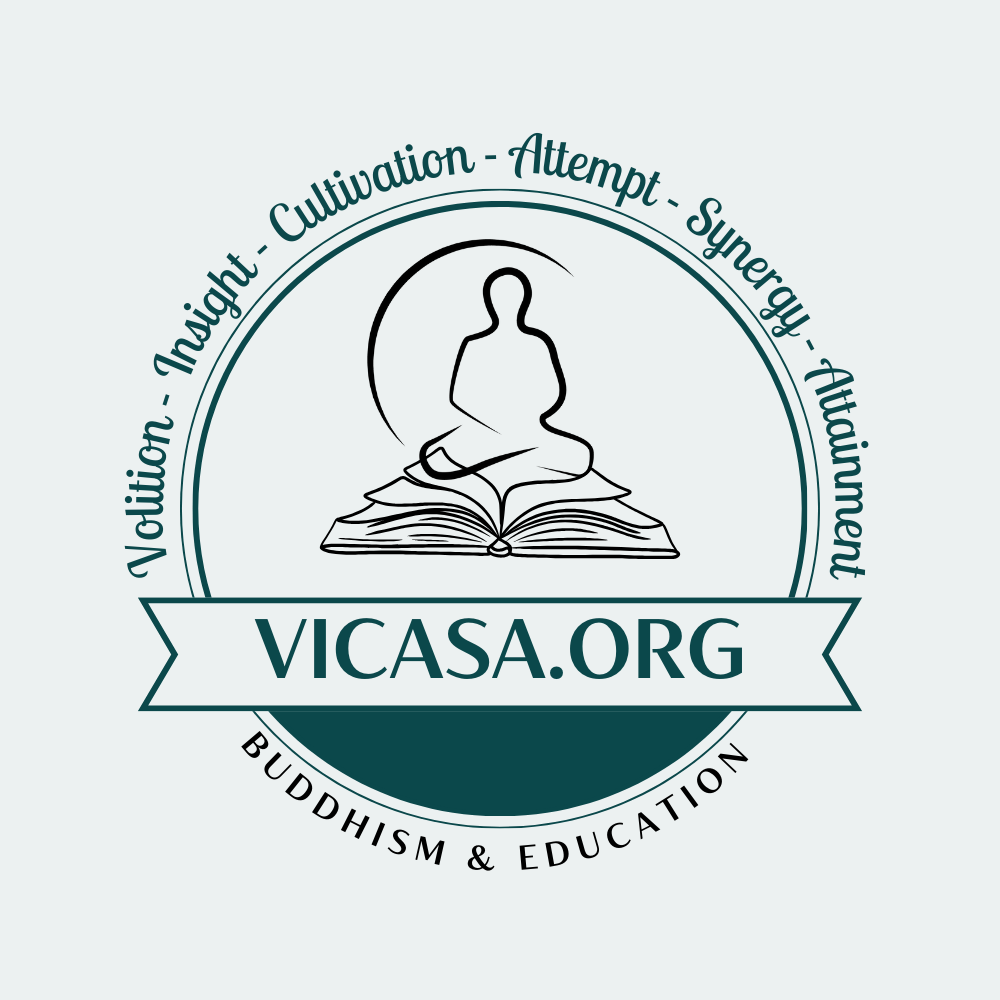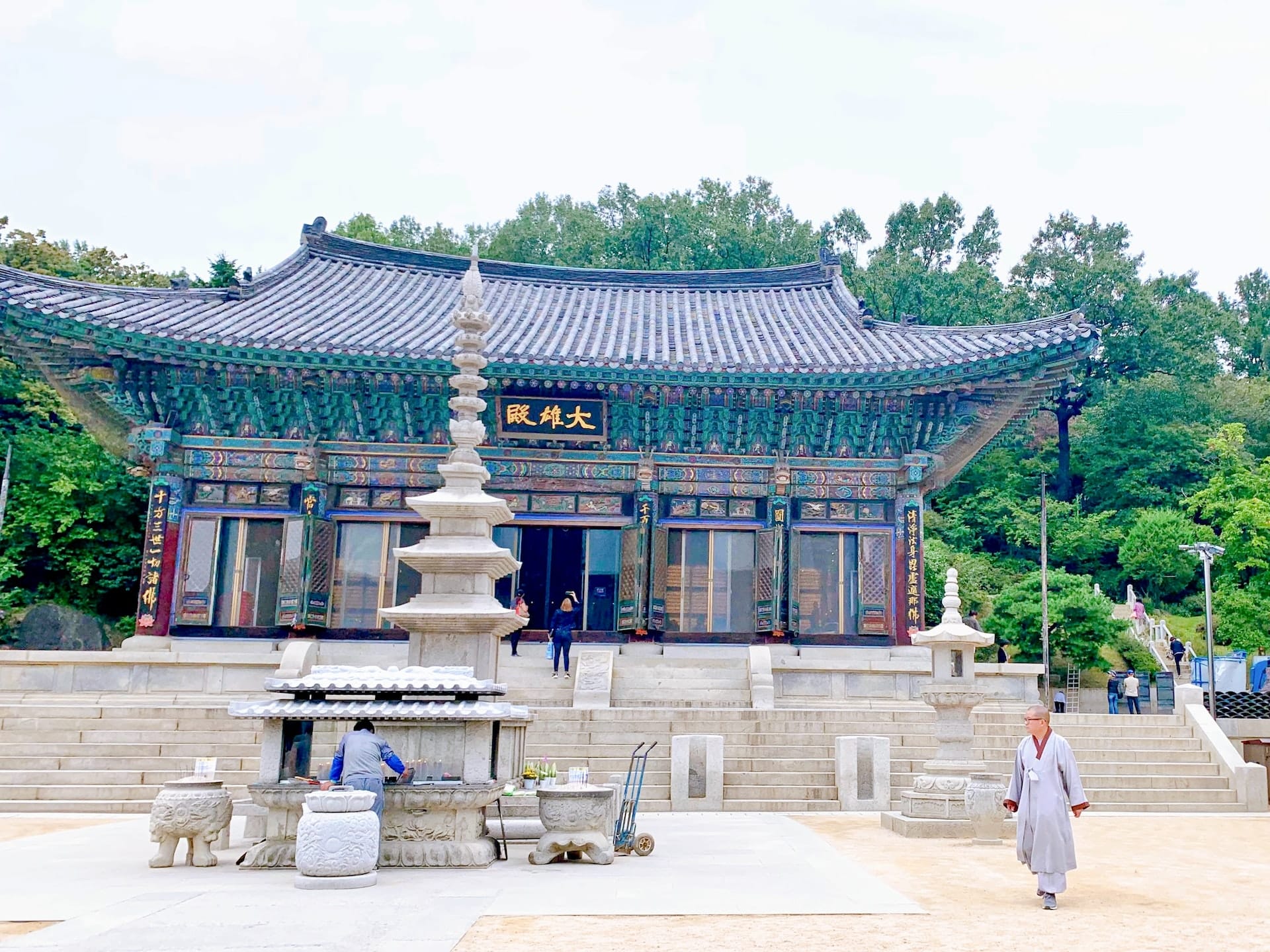There are various teachers in the world. Their value varies depending upon their knowledge, experiences, the subject they teach, etc. They get their value depending on the personal interest of their students too.

Every teacher’s main aim is to produce people who are more beneficial to the world. But some teachers would act differently. They are the most remarkable of them all, for they do show the ‘never-goes-wrong way’ to go beyond the conditioned world by teaching the noble truth leading to the ultimate bliss of ‘Nibbana’ which calls a halt to the vicious cycle of rebirth. Such teachers appear in the world, not on the expertise and training earned in one life, but in infinite different lives. That is why such noble ones are very rare.
The unmatched excellent teacher in all three realms of all times in the entire cosmos is only a Blessed One. Having been fully self-enlightened, The Blessed One, with his divine eye, surveyed every nook and corner of all the three realms in the entire cosmos to find a teacher senior to him in virtue, concentration, and wisdom to become his apprentice. But in the absence of such a one, he, last, decided to make the noble Dhamma he realized as his teacher. The fact is, living without having a teacher is being helpless.
The most crucial task in the ordination life of an apprentice who wishes to end the cycle of rebirth is learning well the profound teachings of Dhamma and Vinaya of ‘the Master’ and disciplining his mind by associating with a suitable teacher who can show that noble path. That’s why the Buddha has instructed his disciples—the Sangha, to get disciplined under an experienced teacher until they get free from ‘Nissaya’ (The Pāli word ‘Nissaya’ stands for the period of learning the prescribed pieces of ‘the teaching’ and the level of experience that a new bhikkhu requires at least within 5 Rains to survive independently away from teachers) There are two types of teachers for a monk known as, ‘the Preceptor’ and ‘the teacher’ who would act as parents for a child. (The Pali words for them are ‘Upajjhāya’ and ‘Ācariya’)
Even though one apprentice monk can get disciplined under one ‘Preceptor’ only, there is no restriction for him to get disciplined and be advised under many ‘teachers’ during his ordination life. Because only one senior bhikkhu can conduct the ordination and higher ordination of one person, there can only be one Preceptor or ‘Upajjhāya’ for a novice monk. There are five different teachers in the Dispensation of the Buddha.
They are ‘Nissayāchariya’, ‘Pabbajjāchariya’, ‘Upasampadāchariya’, ‘Uddesāchariya’ and ‘Ōvādāchariya’ (Normally the Pāli word ‘Dhammachariya’ is used for both ‘Uddesāchariya’ and ‘Ōvādāchariya’ in common). ‘Nissayāchariya’ is the teacher whom the apprentices choose by uttering three times the Pāli phrase, “Āchariyō mē Bhantē hōhi, āyasmatho nissāya vacchāmi.” (Meaning, “Venerable sir, please be my teacher. I’m asking your permission to study under your dependence.”)
Nissayacariya – One who gives advice and instruction
Pravujjacariya – One who conducts ordination order of higher ordination) as a preceptor if they cannot find a suitable elder monk.
According to Buddhism, five venerable men need to be paid respect by a monk at suitable times.
Pañcime upāli vandiyā. katame pañca? pacchā upasampannena pure upasampanno vandiyo, nānāsaṁvāsakako vuḍḍhataro dhammavādī vandiyo, ācariyo vandiyo, upajjhāyo vandiyo, sadevake loke samārake sabrahmake sassamaṇabrāhmaṇīyā pajāya sadevamanussāya tathāgato arahaṁ sammāsambuddho vandiyo. Ime kho upāli pañca vandiyā.
—Pvr 17 Upālipañcaka
“These five: (1) one who has been given the full ordination before you; (2) one who belongs to a different Buddhist sect who’s senior to you and who speaks in accordance with the Teaching; (3) your teacher; (4) your preceptor; and (5) in this world with its gods, lords of death, and supreme beings, in this society with its monastics and brahmins, its gods and humans, you should pay respect to the Buddha, perfected and fully awakened.” (Pvr 17 Upālipañcaka—Bhikkhu Brahmali)
—Pvr 17 Upālipañcaka (Bhikkhu Brahmali)
1. Elderly monk (According to the order of higher ordination) (Same lineage)
2. Elder righteous (follow moral codes) monk (Different linkage).
3. Acariya: teacher
4. Upajjaya: preceptor
5. Lord Buddha
Piyo garu bhāvanīyo,
vattā ca vacanakkhamo;
Gambhīrañca kathaṁ kattā,
no caṭṭhāne niyojako.
—AN 7.37
They’re liked, respected, and admired,
an admonisher who accepts admonishment,
speaks on deep matters,
and doesn’t urge you to do bad.
—AN 7.37 (Bhikkhu Sujato)
Ambitious one who wishes to associate with noble friends must stay with someone who is compassionate and possesses these seven qualities – friendly, respected, honorable, fluent, teaching profound Dhamma and does not mislead. Should one still associate such friendship, even if his companion was rejected.
Nidhīnaṃva pavattāraṃ, yaṃ passe vajjadassinaṃ.
Niggayhavādiṃ medhāviṃ, tādisaṃ paṇḍitaṃ bhaje.
Tādisaṃ bhajamānassa, seyyo hoti na pāpiyo.
—Dhammapada 76
Wise and sagacious one who points out faults and who reproves as one would guide to a hidden treasure, must be associated. That is always beneficial. Not unbeneficial.
Ordinary life is different from worldly life. We invite you to explore it, which will ultimately develop your faith.

Source: nauyana.org
English translator: Thich Nu Duc Thuong

